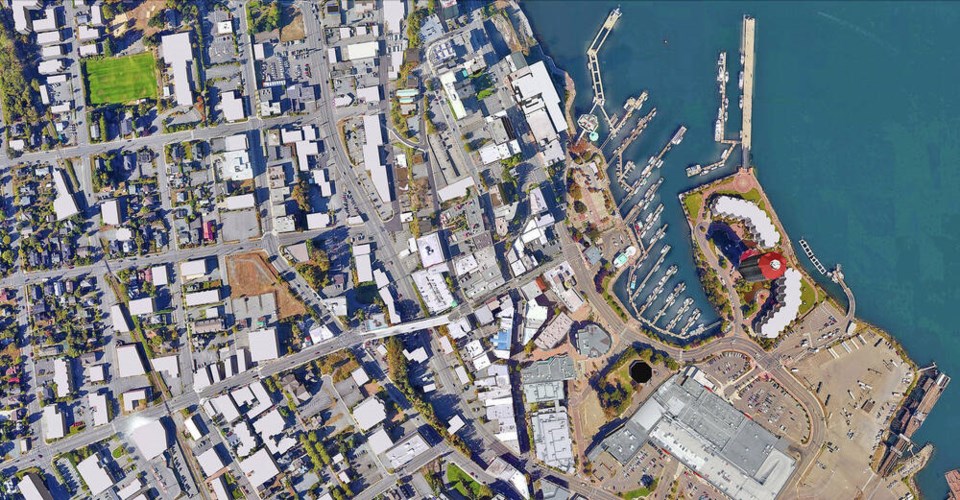A plan to require business licences for short-term rentals should be revised before city hall gives it final approval, says the president of the Greater Nanaimo Chamber of Commerce.
“There needs to be more discussion on the subject,” said Kim Smythe, who worked on the issue for five years and has met with senior municipal officials.
There’s a concern with how short-term rentals compete with hotels and similar accommodations, he said.
An even playing field is needed if the city is going to license short-term rentals, Smythe said.
Hotels and motels, for example, must comply with a variety of approvals, including fire and safety inspections, he said.
The Nanaimo plan differs because an operator, including bed-and-breakfast facilities, would only have to declare that they completed a building and fire safety checklist.
Nanaimo council gave second reading on Tuesday to the proposal to set up a licence system for short-term rentals and require a parking spot for each unit.
A short-term rental business licence would cost $165 per year and bed-and-breakfast operations would need licences as well.
The new system would not come into effect until a public hearing is held and council subsequently votes to change its bylaws.
Dan Brady, Nanaimo Hospitality Association executive director, also raised concerns about the city’s implementation of a licence system.
He’s not criticizing short-term rentals, saying that many people like to use them and they are an accepted part of the tourism sector.
But association members want issues such as fire and safety, and the impact short‑term rentals can have on neighbourhoods to be addressed.
A strong bylaw enforcement regime with fines and penalties should be in place, applying to both local hosts and operators of online platforms advertising these operations, Brady said.
The accommodation sector needs to see a level playing field, and like Smythe, Brady urges the city to insist on fire and safety inspections by city inspectors.
“I don’t understand why the city would want to take the business licence money from these operators but not take that extra step of ensuring that the environment that these people will be staying in is safe. … You don’t know until you inspect.”
Nanaimo currently has fewer than 275 short-term rentals. That’s down by about 400 pre-pandemic, he said.
Brady is calling on the city to ensure that guests, neighbours and bylaw officers have a way to contact the host within six hours in case noise complaints or municipal infractions arise.
Bylaws drawn up by city staff follow consultation and surveys with stakeholders and the public.
The maximum number of bedrooms which can be rented out in most residential zones would be two guest rooms and four adult guests. Children would be permitted in addition to adults.
The maximum allowed in commercial and multi-family zones would be four guest rooms and six guests.
Municipal staff currently enforce unlicensed short-term rentals on a complaint driven basis.
Because the city receives relatively few complaints, staff recommended that practice continue.
cjwilson@timescolonist.com



